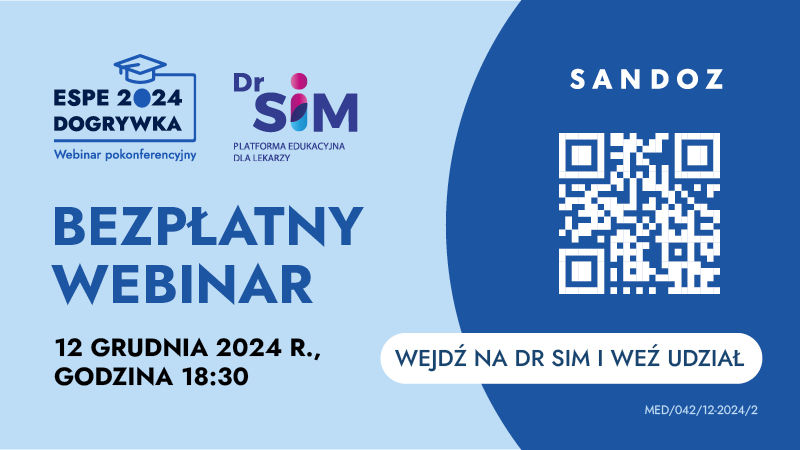Selected problems that may be the cause of cardiogenic syncope in children and adolescents. Useful information for family doctor and paediatrician
Aleksandra Morka1, Ewa Nowakowska2, Lesław Szydłowski2,3
 Affiliation and address for correspondence
Affiliation and address for correspondenceChildren with syncope are common patients in paediatric and family doctor clinics as well as emergency departments. The current guidelines of the European Society of Cardiology (2009) distinguish between three types of syncope: reflex, orthostatic hypotension and cardiac syncope. The essence of any syncope is the reduction of cerebral blood flow, loss of consciousness and a subsequent fall. The most common and the mildest form of syncope is reflex syncope, usually preceded by prodromal symptoms, while the rarest but also the most dangerous form is cardiac syncope. Cardiac syncopes are generally organic in origin and it is usually possible to determine their cause. In some cases it is possible to treat the cause of cardiac syncopes. They differ from reflex syncopes in the mechanism of origin: they usually do not have prodromal symptoms, and sometimes the first symptom of an ongoing disease can be syncope and even sudden cardiac death. Cardiac syncope affects patients with cardiac arrhythmias – tachy- or bradyarrhythmias, patients who suffer from malfunction of a previously implanted pacemaker, patients with defects that cause disturbed outflow from the right or the left ventricle, patients with defects and diseases of the heart muscle and/or coronary vessels as well as abnormalities causing impediment to the flow of blood within the heart or vessels (e.g. tumours). Some of these diseases such as, for example, hypertrophic cardiomyopathy or long QT syndrome are genetic abnormalities. In cardiac syncope, as in other types of syncope it is important to obtain a detailed family history and perform specialised tests. In recent years tilt tests have been increasingly less used and emphasis has been put on a very detailed diagnosis of cardiac arrhythmias as a potential cause of syncope and sudden cardiac death. Every patient with a suspected cardiac syncope should be referred to a specialist centre for detailed diagnosis.








